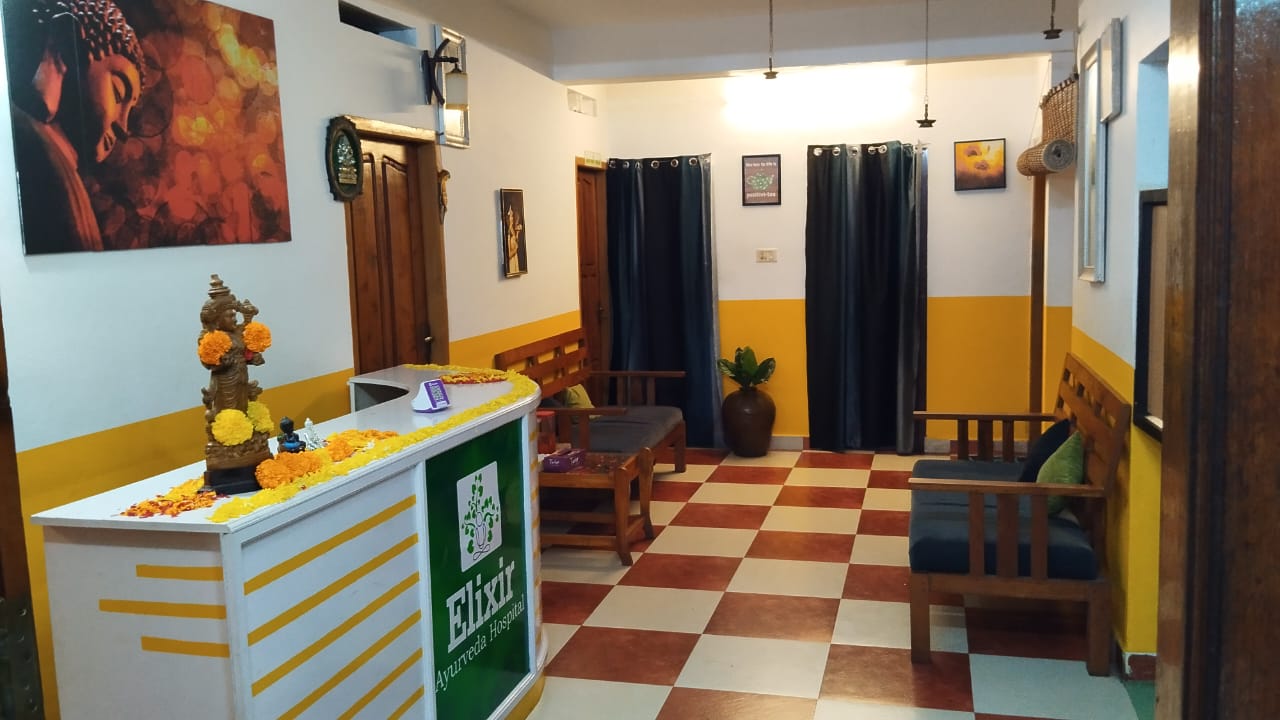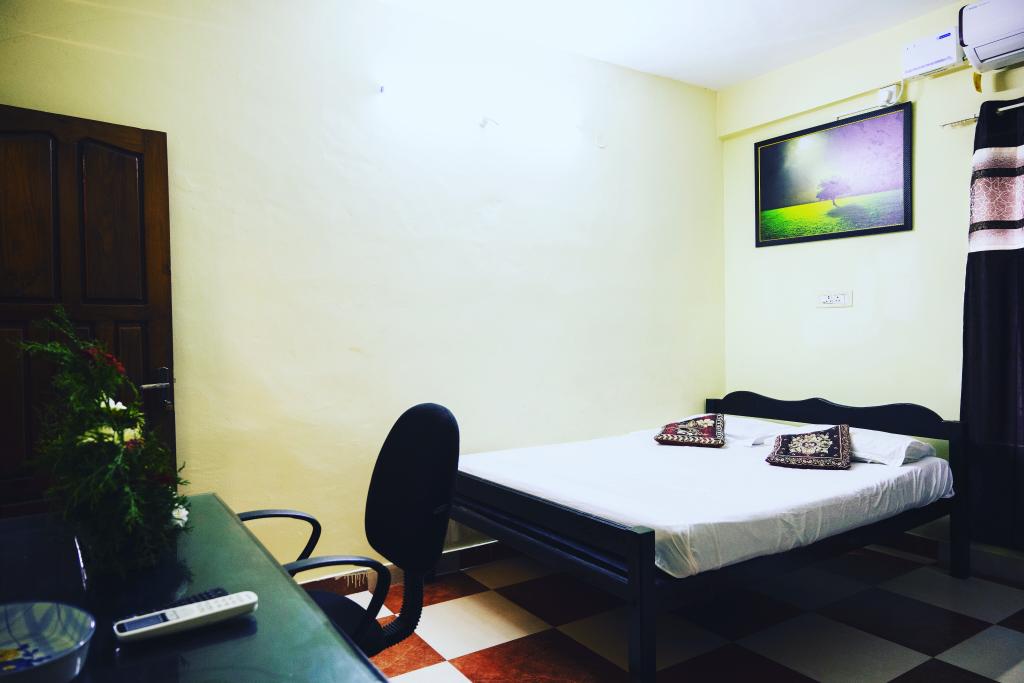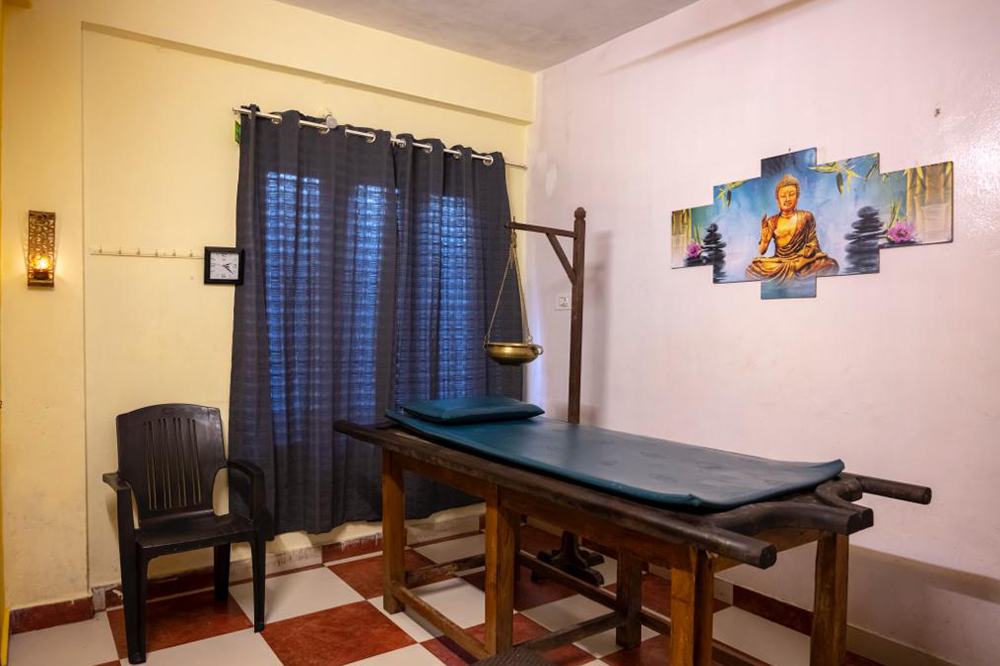Sinusitis, commonly known as "Peenasa" in Ayurveda, represents a prevalent health condition characterized by the inflammation surrounding sinus tissues. These sinuses, situated behind the nasal bone, forehead, cheeks, and eyes, typically contain air and generate mucus to maintain nasal passages' moisture, ensuring cleanliness by warding off bacteria and debris. However, inflammation, commonly initiated by bacterial or viral infections or allergic reactions, obstructs the usual drainage process. Consequently, this interruption leads to the accumulation of fluids, creating a conducive environment for bacterial growth and resulting in infections. Ayurveda treatment offers solutions for sinusitis management, focusing on addressing the root cause of inflammation and restoring nasal health through natural remedies and therapies.
These air-filled cavities, crucial for maintaining a healthy nasal environment, encounter difficulties when inflammation occurs due to various factors such as infections or allergic reactions. Normally filled with air, the sinuses experience challenges in proper mucus drainage during times of inflammation, leading to mucus accumulation. This buildup creates an environment conducive to bacterial or viral growth, causing infections. Consequently, this disruption in the sinuses' natural functions leads to discomfort and often painful symptoms associated with sinusitis.
There are many centers in Kerala that offer comprehensive Ayurveda treatment for sinusitis, recognizing the condition's impact on overall well-being. Ayurvedic therapies aim to alleviate inflammation, promote proper drainage, and balance the body's doshas (energies) to manage sinusitis effectively. The emphasis is on holistic healing, incorporating dietary adjustments, lifestyle modifications, herbal remedies, and specific therapies tailored to address sinus inflammation and restore nasal health.
Types of sinusitis
Sinusitis encompasses various forms, each characterized by distinct durations and symptoms:
Acute Sinusitis:
This form manifests as a sudden onset of symptoms, including a runny or stuffy nose, accompanied by facial pain that persists for 10 to 14 days. Acute sinusitis can persist for up to four weeks, causing discomfort and disruption to daily activities.
Subacute Sinusitis:
An inflammatory state that lasts for up to four weeks, subacute sinusitis is marked by persistent symptoms, including nasal congestion and discomfort, albeit for a shorter duration compared to chronic sinusitis.
Chronic Sinusitis:
This form of sinus inflammation lasts for eight weeks or longer, creating prolonged discomfort characterized by persistent symptoms that significantly impact an individual's quality of life.
Recurrent Sinusitis:
Individuals experiencing several sinus attacks within a year are categorized as suffering from recurrent sinusitis. These recurrent episodes often lead to frequent discomfort and disruptions in daily routines.
Living with a sinus infection not only induces physical discomfort but also triggers psychological distress. If left unaddressed over an extended period, sinusitis can potentially contribute to various interconnected and severe health issues, underscoring the significance of timely treatment and management.
According to Ayurveda, sinusitis corresponds to "Peenasa." The occurrence of acute sinusitis is attributed to an imbalance of the Kapha and Vata doshas in the region above the clavicle (collarbone). The aggravated doshas disrupt the normal functions of the sinuses, leading to inflammation and discomfort in affected individuals. Understanding the perspective on sinusitis Ayurveda treatment for sinusitis aids in devising holistic approaches to manage and address the condition effectively.
Causes of sinusitis according to Ayurveda
According to Ayurveda, sinusitis is attributed to various factors:
Dietary Habits:
Increased consumption of dry, oily, and spicy foods that are heavy and challenging to digest, especially when combined improperly, contributes to the onset of sinusitis.
Dosha Imbalance:
Imbalanced Kapha leads to the accumulation of water elements in the sinus area, obstructing the flow of Vata. Similarly, aggravated Pitta causes inflammation and irritation in the sinus tissues.
Environmental Factors:
Exposure to cold, pollen allergies, and dusty, or dry weather can trigger sinusitis. Conditions like deviated nasal septum, nasal polyps, and impactions also contribute to its development.
Diet recommendations (Ahar)
Ayurvedic dietary recommendations play a pivotal role in managing sinusitis. It emphasizes avoiding Kapha-aggravating foods and practices, including cold items, oily, sweet, sour, and salty-tasting foods, as well as heavy-to-digest meals.
Garlic and onion are recommended due to their medicinal properties, aiding in pacifying Vata and Kapha imbalances related to sinus issues. A Vata-Kapha pacifying diet helps prevent stagnation of morbidity within the body, which is crucial for sinus health.
Additionally, Ayurveda suggests consuming foods that are neither excessively cold nor hot. It's advised to avoid certain items like milk, sugar, coffee, refrigerated products, sweets, oily foods, carbonated drinks, meat, and junk food.
Lifestyle changes(vihar)
Lifestyle modifications (Vihar) also contribute significantly to managing sinusitis. Protecting oneself from air pollutants using a cloth or mask, avoiding cigarette or tobacco smoke exposure, refraining from cold showers or baths—particularly head baths—and minimizing sedentary lifestyles are recommended. These adjustments play a key role in preventing the onset or aggravation of sinusitis symptoms.
Ayurvedic treatment for sinusitis
In Kerala some places offer a diverse range of Ayurveda treatment for sinusitis, aiming to alleviate symptoms and restore balance within the body:
Nasyam (Installation of Nasal Drops):
Nasyam involves the administration of medicated oils or herbal extracts into the nasal passages. This therapy effectively targets the sinus region, reducing inflammation, and promoting sinus drainage.
Steam Inhalation: (H3)
Inhaling steam infused with therapeutic herbs or essential oils helps clear nasal passages, eases congestion, and soothes irritated sinus tissues. Steam inhalation aids in reducing inflammation and promoting easier breathing.
Panchakarma Treatments:
Panchakarma, a comprehensive detoxification therapy, incorporates Vamana (emesis) and Nasya (nasal drops) as significant procedures. Vamana aims to eliminate excess Kapha, which contributes to sinus congestion, while Nasya helps in clearing nasal passages, providing relief from sinus-related discomfort.
Yogasanas and Breathing Exercises:
Specific yoga postures and controlled breathing exercises, such as Pranayama, can effectively open up the sinuses. These practices enhance respiratory functions, strengthen the respiratory system, and alleviate congestion, providing relief from sinusitis symptoms.
Ayurveda treatments for sinusitis focus on addressing the root cause of the condition by balancing the aggravated doshas (energies) and improving overall well-being. These therapies aim to not only alleviate the immediate symptoms but also prevent their recurrence by fostering a healthier balance within the body. Combining these treatments with a holistic approach to lifestyle, diet, and stress management can significantly contribute to managing sinusitis and enhancing overall health.
FAQs
Q1. What are the symptoms of chronic sinus infection?
With chronic sinusitis, symptoms may occur for longer than 12 weeks. You may also have more severe symptoms, including fatigue. Recurrent sinusitis clears up but returns, and you may have infections several times a year
Q2. How jala neti can help to cure Sinusitis?
Jala neti is a yogic purification method and jala neti refers to purification by water. This is a simple technique that should be practiced daily to relieve problems related to the sinus.
Q3. Which are the environmental irritants that commonly cause sinus infections?
Exposure to pollutants like dust, mold, and pet dander may trigger an immune system that causes sinusitis.
Bacterial, viral, or fungal infections in the sinuses often lead to infections.


























